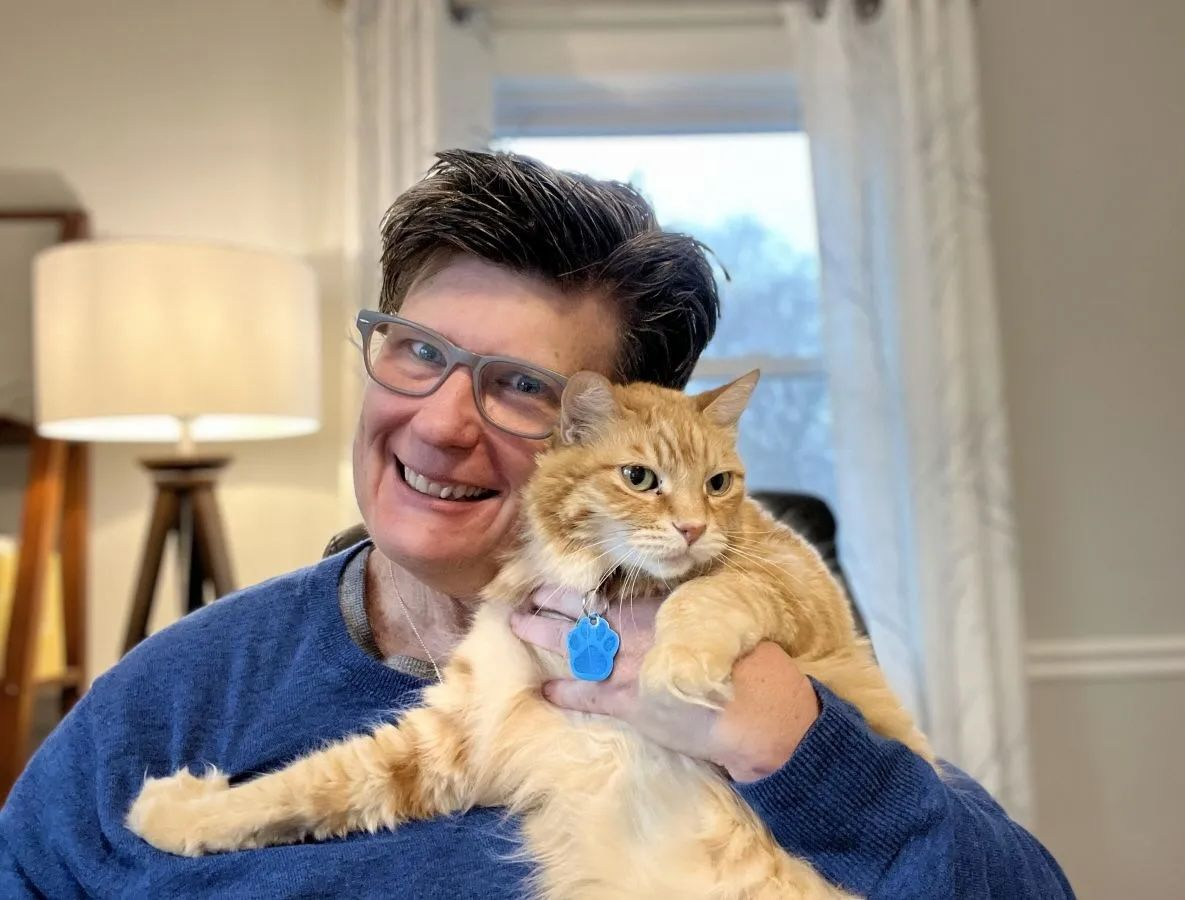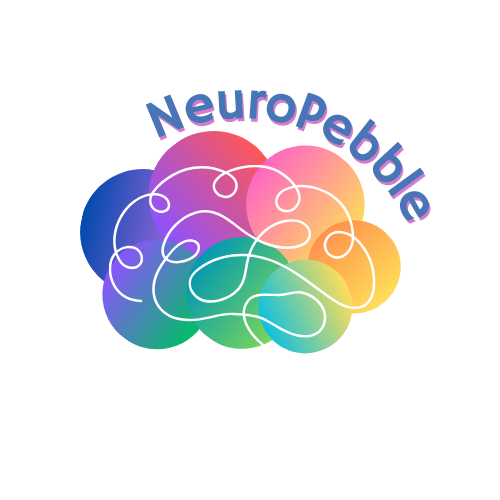EMDR at the Intersection of Gender Diversity and Neurodivergence
Topics include...
-
The intersection of neurodivergence and gender identity
-
Client-centered pacing
-
Sensory modifications
-
Affirming resource techniques
-
What's included?
-
3 hour recorded webinar
-
slides & support resources
-
3 NBCC CEs*
Learning Objectives
*NBCC CE hours
Write your awesome label here.
Meet the instructor
Cathy Hanville, LCSW
Cathy (They/She) lives and works at the intersection of gender diversity and neurodivergence. They are a licensed clinical social worker in PA and CA, and an EMDRIA-approved consultant and continuing education provider. They have been finding their identity throughout their entire lives and are passionate about helping other therapists identify their blind spots, enabling them to provide gender and neurodiversity-affirming care for their clients. www.cathyhanville.com

